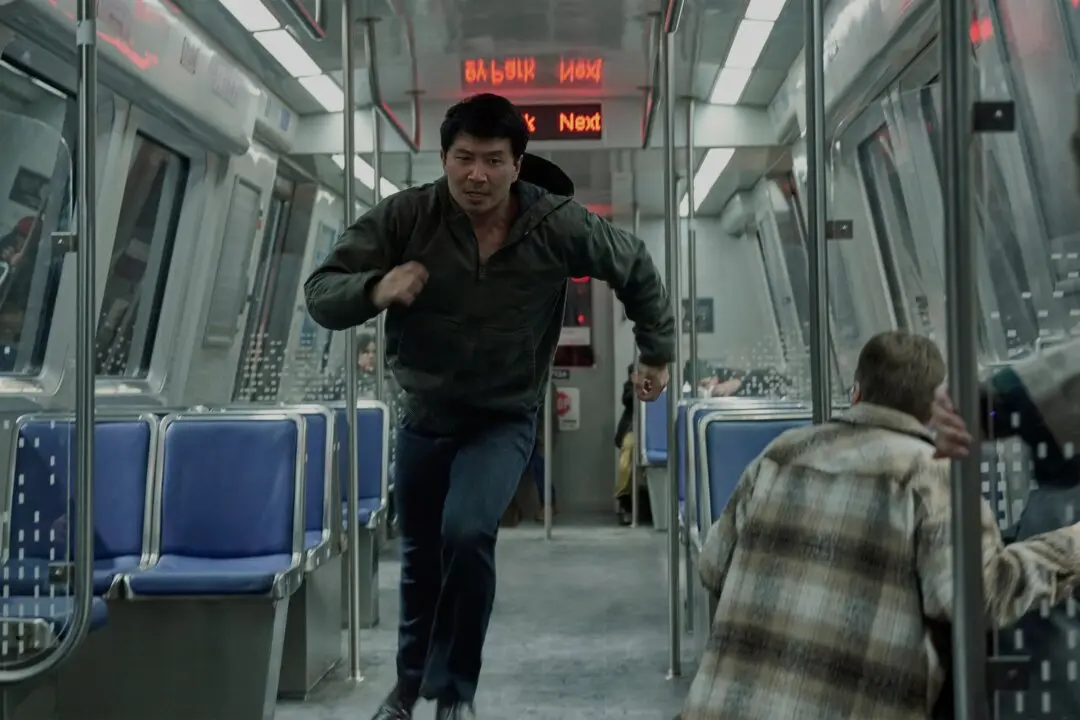It often seems like contemporary China has kept the worst from the past and jettisoned the best. Traditional and regional cultures are increasingly marginalized, but the stigma attached to suicide remains in full force. Yet, as the government becomes ever more oligarchical and corrupt, more and more disenfranchised Chinese are committing suicide.
The Yangtze River Bridge is a popular spot for many of those final exits. Alarmed by the staggering number of suicides committed there, Chen Si started patrolling the bridge 11 years ago, hoping to stage impromptu interventions and counseling sessions. Jordan Horowitz and Frank Ferendo document the unpaid volunteer at work in “Angel of Nanjing.”
The spirit of responsibility drummed into Chen Si by his revered grandmother was clearly his formative influence.



